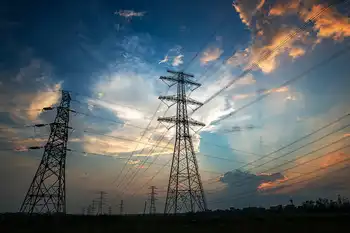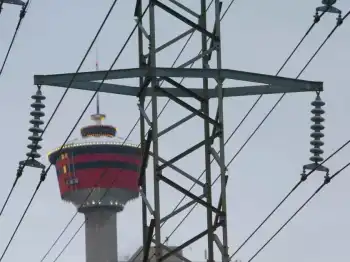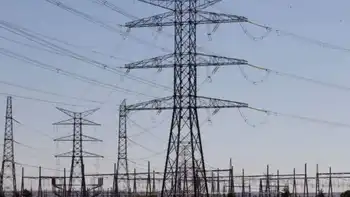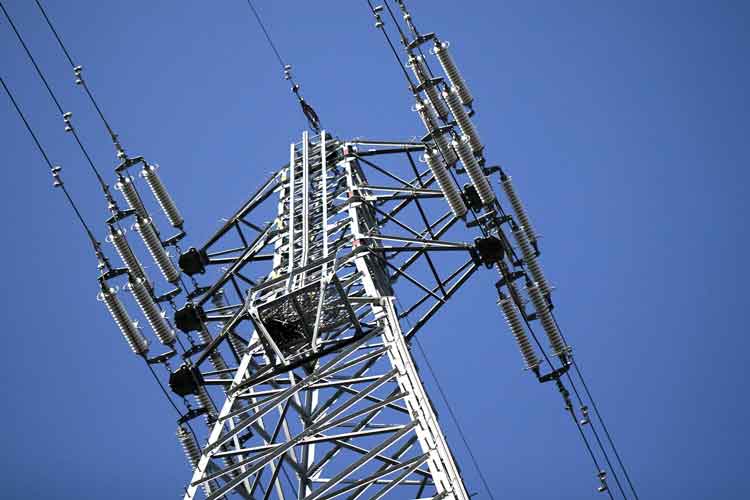Limiting C02 emissions hurts poor most
By InvestorÂ’s Business Daily
Substation Relay Protection Training
Our customized live online or in‑person group training can be delivered to your staff at your location.

- Live Online
- 12 hours Instructor-led
- Group Training Available
Yet government-mandated restrictions on carbon emissions would do precisely that, adding enormous additional weight to an economy already reeling. This additional weight shouldn't just be thrown from the bus — it should be thrown under it.
Most econometric studies agree that restricting greenhouse gas emissions would slow our already sluggish economy.
A study by the National Association of Manufacturers projected that emissions caps, similar to those rejected earlier this year by the U.S. Senate calling for a 63% cut in emissions by 2050, would reduce U.S. gross domestic product by up to $269 billion and cost 850,000 jobs by 2014.
The Heritage Foundation estimated that such restrictions would result in cumulative GDP losses of up to $4.8 trillion and employment losses of more than 500,000 per year by 2030.
Other studies suggest smaller economic costs: Duke University's Nicholas Institute estimates a GDP loss of $245 billion by 2030, while the Environmental Protection Agency forecasts a GDP drop of between $238 billion and $983 billion.
Sharp emissions restrictions would also push the costs of energy and other consumer products higher. According to a study conducted by researchers at the Massachusetts Institute of Technology, the restrictions could raise gasoline prices by 29%, electricity prices by 55% and natural gas prices by 15% by 2015.
The people most vulnerable to such price increases are the poor. A 2007 report by the Congressional Budget Office, examining the costs of cutting carbon emissions just 15%, noted that customers "would face persistently higher prices for products such as electricity and gasoline. Those price increases would be regressive in that poorer households would bear a larger burden relative to their income than wealthier households would."
Indeed, the lowest quintile income group would pay nearly double what the highest quintile income group would pay, as a proportion of income, in increased energy costs.
And it appears that all this economic pain would be an utterly meaningless gesture.
Dr. Patrick Michaels, former president of the American Association of State Climatologists, now with the Cato Institute, says reducing U.S. emissions by 63% would prevent a mere 0.013 degree Celsius in warming. With emissions from China, India and other developing nations growing at breakneck speed, even this modest benefit would be completely erased.
Some argue that we should undergo this pain anyway to set an example for others to follow. The European Union tried that and now, apparently, it's throwing in its recycled-material towel.
At a summit in Brussels, the EU applied the brakes to its ambitious program to reduce EU carbon emissions by 20% by 2020 after Italy, backed by 10 other EU nations, threatened to veto the plan. They argued that the costs of the climate plan couldn't be justified given the current economic turmoil.
Little wonder that Europeans are balking. Europeans have been paying enormous costs to meet their targets, getting little in return. In the United Kingdom, green tariffs already account for 14% of the average electricity bill. Yet only 2% of Britain's energy needs are met by renewables.
To meet its renewable target of 15%, these fees will have to be raised even further, increasing the number of Britons suffering from "fuel poverty," defined as spending 10% or more of income on energy. Over 4 million Britons currently qualify as fuel-impoverished.
Imposing such costs on Americans promises to do for the economy what Freddie Mac and Fannie Mae did for banking. We should bail out before it's too late. Let's hope that this is one bailout plan all Americans can get behind.











